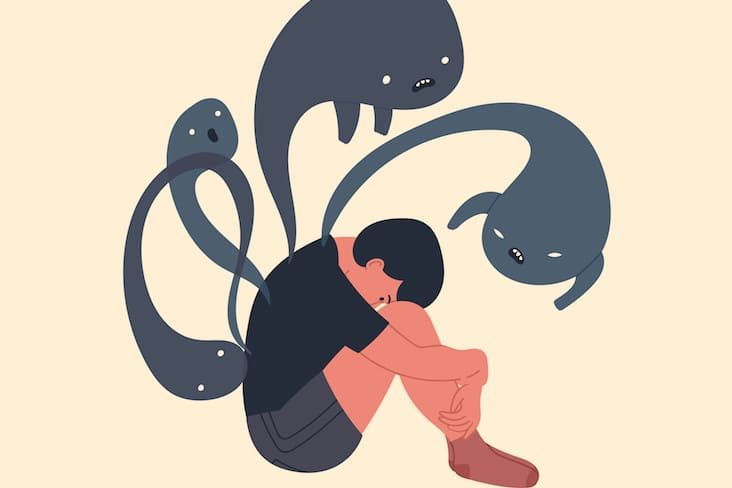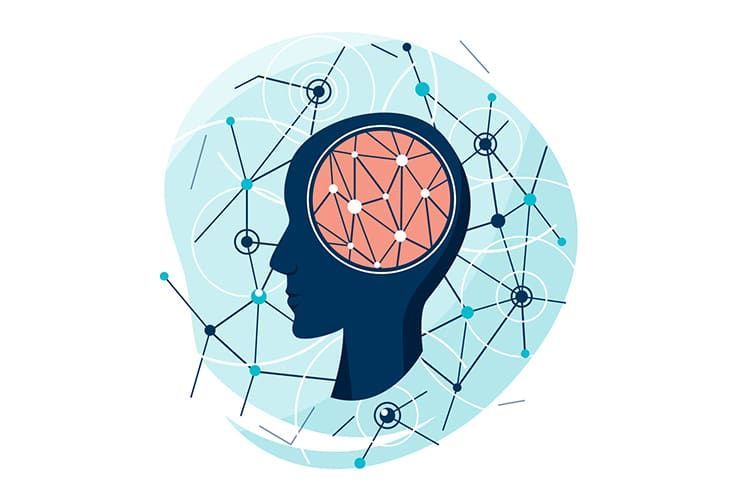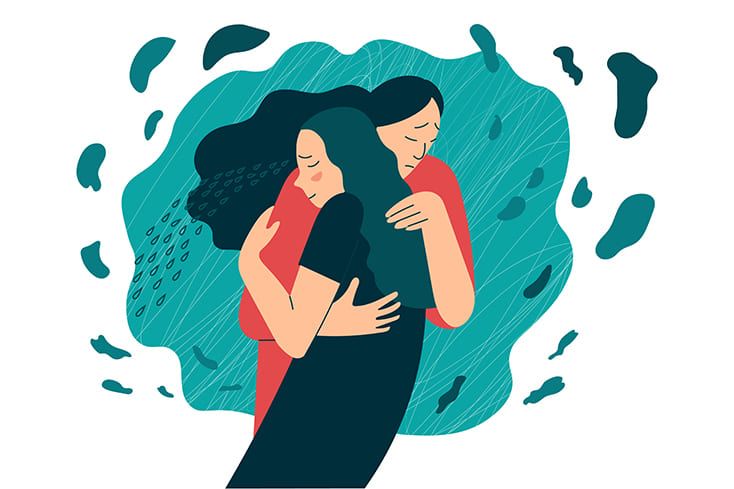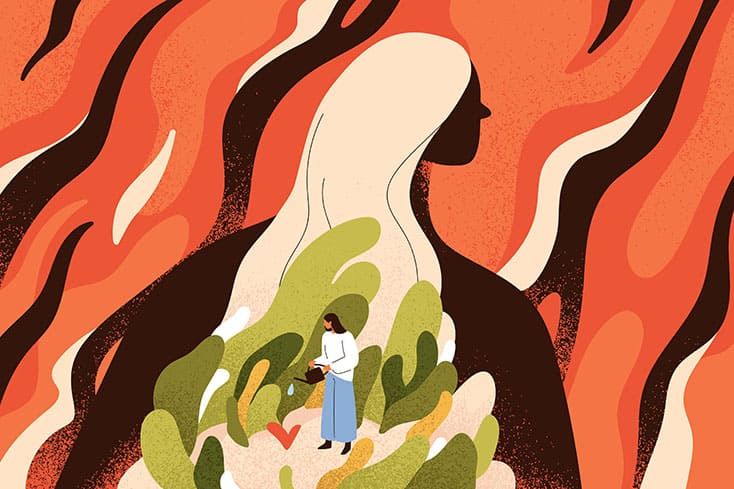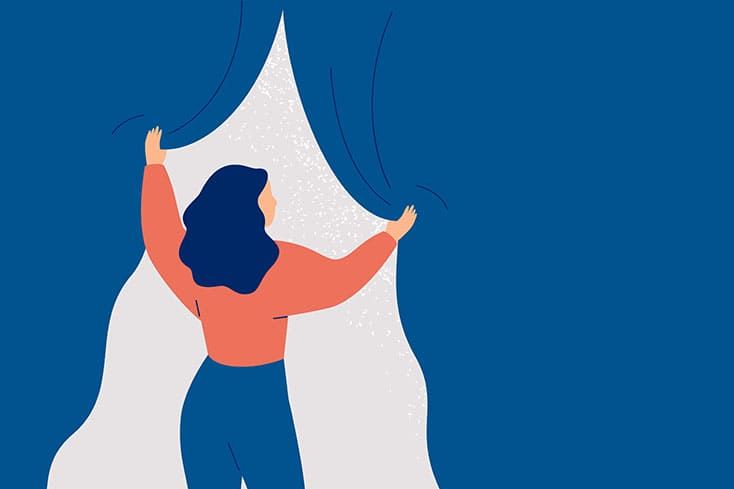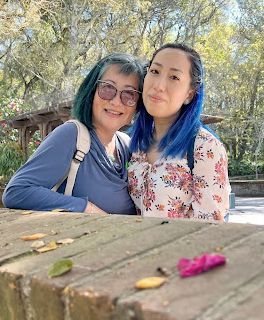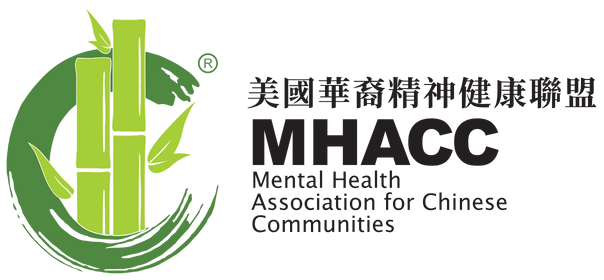何时拨打988,或者911? | Calling 988 vs 911 in a Mental Health Crisis: What You Need to Know
MHACC 雙語部落格 Bilingual Blog
Scroll down for the English Version ⬇️
心理健康危机是一个需要立即关注的时敏问题。但当你或你认识的人经历这样的情况时,你应该拨打哪个号码:988还是911?知道拨打正确的号码在如何处理情况方面可能会有关键性的影响,甚至可以挽救生命。
什么是988和911?
911: 这是美国所有类型危机的通用紧急号码—医疗、火警、警察,甚至也包括心理健康。
988: 这是一个相对较新的号码,专门用于心理健康紧急情况。它旨在将个体连接到适当的心理健康服务,而不是通过通用的紧急系统进行路由。
何时拨打911?
立即危险: 如果有立即伤害自己或他人的风险。伴随医疗紧急情况: 在心理健康症状伴随医疗紧急情况的情况下。执法需要: 需要警察立即干预的情况,如暴力行为。
何时拨打988?
心理健康支持: 当您或您认识的人需要情感支持或危机咨询时。资源信息: 获取有关心理健康资源和服务的信息。缓解: 受过培训的专业人员可以通过电话帮助缓解情况。
优点和缺点
911优点: 立即响应,可以处理广泛的紧急情况。缺点: 可能会导致执法干预,这并不总是心理健康危机的最佳解决方案。
988优点: 专业护理,减少了围绕心理健康的污名。缺点: 可能还没有在所有地方全面运营,并且可能无法处理伴随的医疗紧急情况。
数据和事实根据全美心理健康联盟(NAMI)的数据,警察通常是首先响应心理健康危机的人,但他们可能并没有接受过处理这种情况的培训。《心理健康杂志》上发表的一项研究发现,像988这样的专门危机热线可以将紧急室就诊的需要减少多达40%。
结论了解在心理健康危机中何时拨打988或911至关重要。虽然这两个号码都有重要的功能,但了解它们各自的作用可以确保您或您的亲人得到最合适的帮助。总体而言,对于那些仅与心理健康有关并且不是生命威胁的情况,988是更好的选择。对于紧急和可能威胁生命的紧急情况,911仍然是首选号码。
更多资源
A mental health crisis is a time-sensitive situation that requires immediate attention. But when you or someone you know is experiencing one, which number should you dial: 988 or 911? Knowing the right number to call can make a crucial difference in how the situation is handled and can even save lives. This article aims to shed light on the distinctions between the two and guide you on making the right choice.
The Basics: What Are 988 and 911?
- 911: This is the general emergency number in the United States for all kinds of crises—medical, fire, police, and yes, even mental health.
- 988: This is a relatively new number specifically designed for mental health emergencies. It's intended to connect individuals to appropriate mental health services rather than routing them through the general emergency system.
When to Call 911
- Immediate Danger: If there's a risk of immediate harm to oneself or others.
- Co-Occurring Medical Emergency: In cases where mental health symptoms are accompanied by a medical emergency.
- Law Enforcement Needs: Situations that require immediate intervention by the police, such as violent behavior.
When to Call 988
- Mental Health Support: When you or someone you know needs emotional support or crisis counseling.
- Resource Information: To get information about mental health resources and services.
- De-escalation: Trained professionals can help defuse the situation over the phone.
Pros and Cons
- 911
- Pros: Immediate response, can handle a broad range of emergencies.
- Cons: May result in law enforcement intervention, which isn't always the best solution for mental health crises.
- 988
- Pros: Specialized care, minimizes stigma around mental health.
- Cons: May not be fully operational everywhere, and may not handle accompanying medical emergencies.
Data and Facts
- According to the National Alliance on Mental Illness (NAMI), police are often the first to respond to mental health crises, but they may not always be trained to handle such situations.
- A study published in the Journal of Mental Health found that specialized crisis lines like 988 can reduce the need for emergency room visits by up to 40%.
Knowing when to call 988 or 911 during a mental health crisis is crucial. While both numbers serve important functions, understanding their respective roles can ensure that you or your loved one receives the most appropriate help. In general, for situations that are exclusively mental health-related and not life-threatening, 988 is the preferable option. For emergencies that are immediate and potentially life-threatening, 911 remains the go-to number.
More Resources


